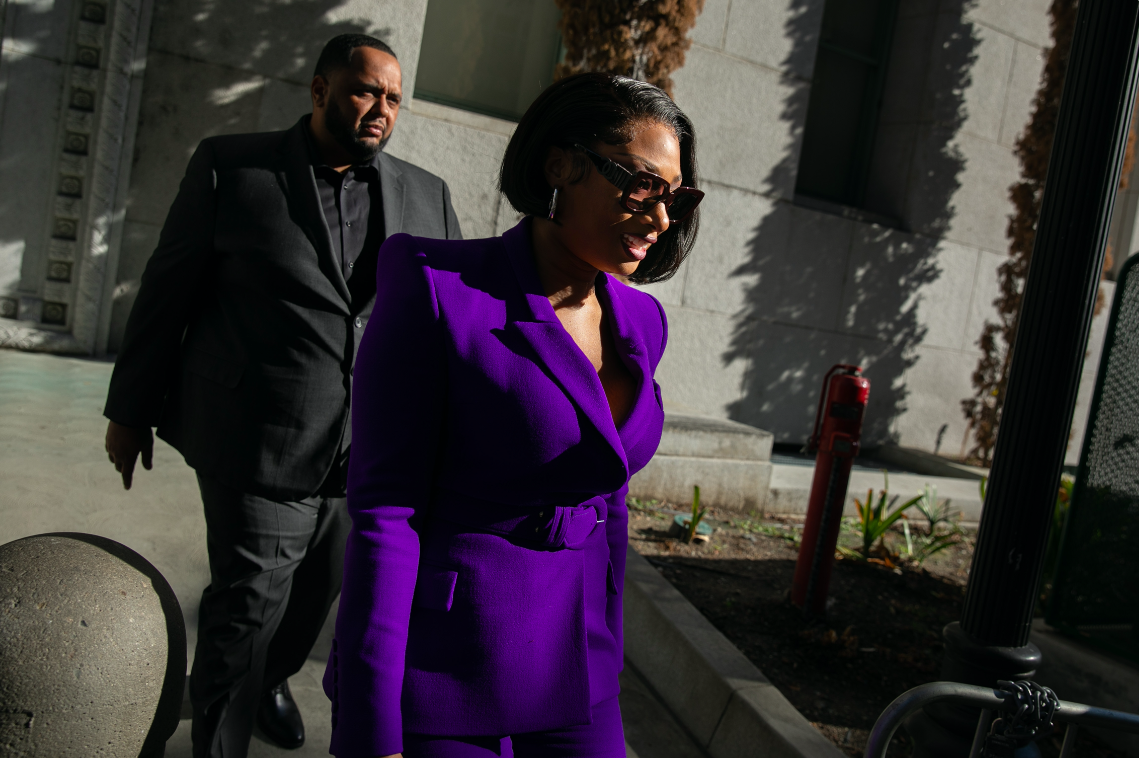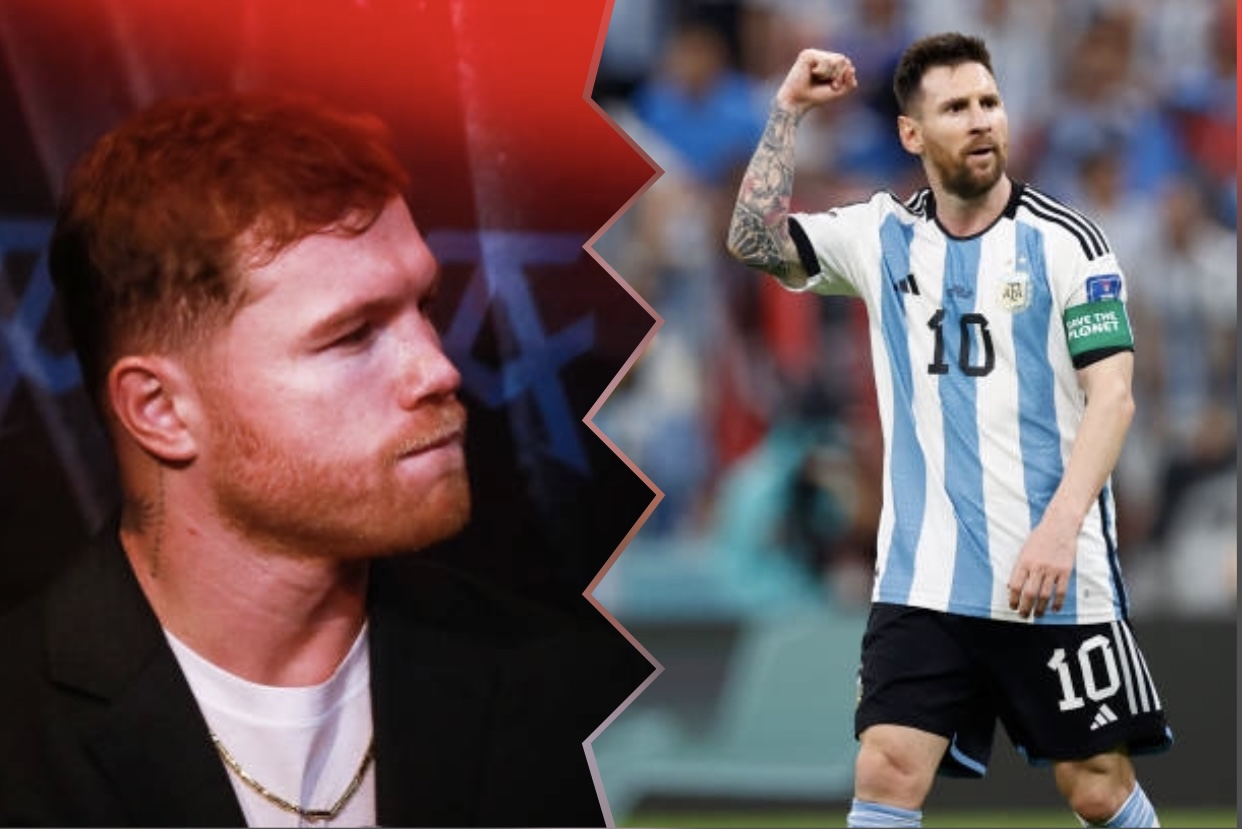1. Let the Germany – U.S. conspiracy theories begin. There are five German-Americans on the United States roster, most of which are the offspring of American serviceman and German mothers. Jurgen Klinsmann is a German legend, who won the World Cup in 1990 as a major piece of the final West German side just before the unification of East and West Germany. Klinsmann was the German manager of a team that finished third at the 2006 World Cup, but was criticized heavily for his Western influences as well as for his attacking style of football while Germans historically favor defensive tactics.
Germany’s current manager, Joachim Loew (73-15-19) was Klinnsman’s assistant on the bench during the 2006 World Cup.
32 years ago Austria and West Germany essentially kicked the ball around for 80 minutes after Germany’s first goal gave them a 1-0 lead and allowed both teams to advance, leaving Algeria out in the cold. Ironically, Algeria is seeking their best result in the World Cup since the ’82 screw job later on Thursday.
That match became the impetus that compelled FIFA to begin scheduling the final matches of each group with the same start times. If Portugal takes a lead on Ghana into the intermission, be on the look-out for a little synergy between both the United States and Germany if the match is headed for a draw at the time or if Germany holds a slight lead.
Will Klinsmann and Low talk about it in advance? Probably not, but keep your eyes peeled.
2. It’s hot and mucky after raining for 20 hours, but the weather concerns related to this match have been somewhat overstated. There has been torrential downpour in Recife, but as long as there’s no water buildup beneath the field, which it doesn’t appear there is, this match will take place.
The U.S.’ advantage is that their players are used to playing in a multitude of conditions. They played in a sauna against Portugal in Manaus on Sunday, but they’ve experienced comparable situations traveling to and from the U.S.’ diverse climate zones. On March 23 of last year, the U.S. and Costa Rica met in Denver during a blizzard that left the field blanketed in snow. Germany may be machine-like with their efficiency, but the U.S. is stocked with chameleons.
3. To put into perspective how much of an underdog the United States is, look no further than the United States and German player salaries. Mesut Ozil, Philipp Lahm and Bastian Schweinsteiger took home more money than the combined $26 million accrued by the U.S.'s 23-man roster. The goal differential between Ghana and the United States is a +1 advantage in the U.S.’ advantage. Germany has a +5 advantage. If Ghana and Portugal draw, but the U.S. loses by one goal, the USMNT advances.
Portugal has a -4 goal differential to make up for.
4. The suspension of Ghana midfielder Kevin-Prince Boateng and Sully Muntari against Portugal in the other Group G matchup will also benefit the United States. If anybody is going to catch the U.S., it's going to be the Black Stars.
5. German sub Miroslav Klose has an opportunity to become the World Cup’s all-time leading goal scorer. At 36, he’s now a substitute on the German side, but his first touch of the 2014 World Cup. If Klose scores a goal, all eyes will roll in the direction of Landon Donovan, who was kept off the final 23-man roster by Klinsmann.
If Klinsmann were still Germany’s manager, Klose may not have made it to Brazil if his Donovan decision is any indication of his avant-garde tendencies.



